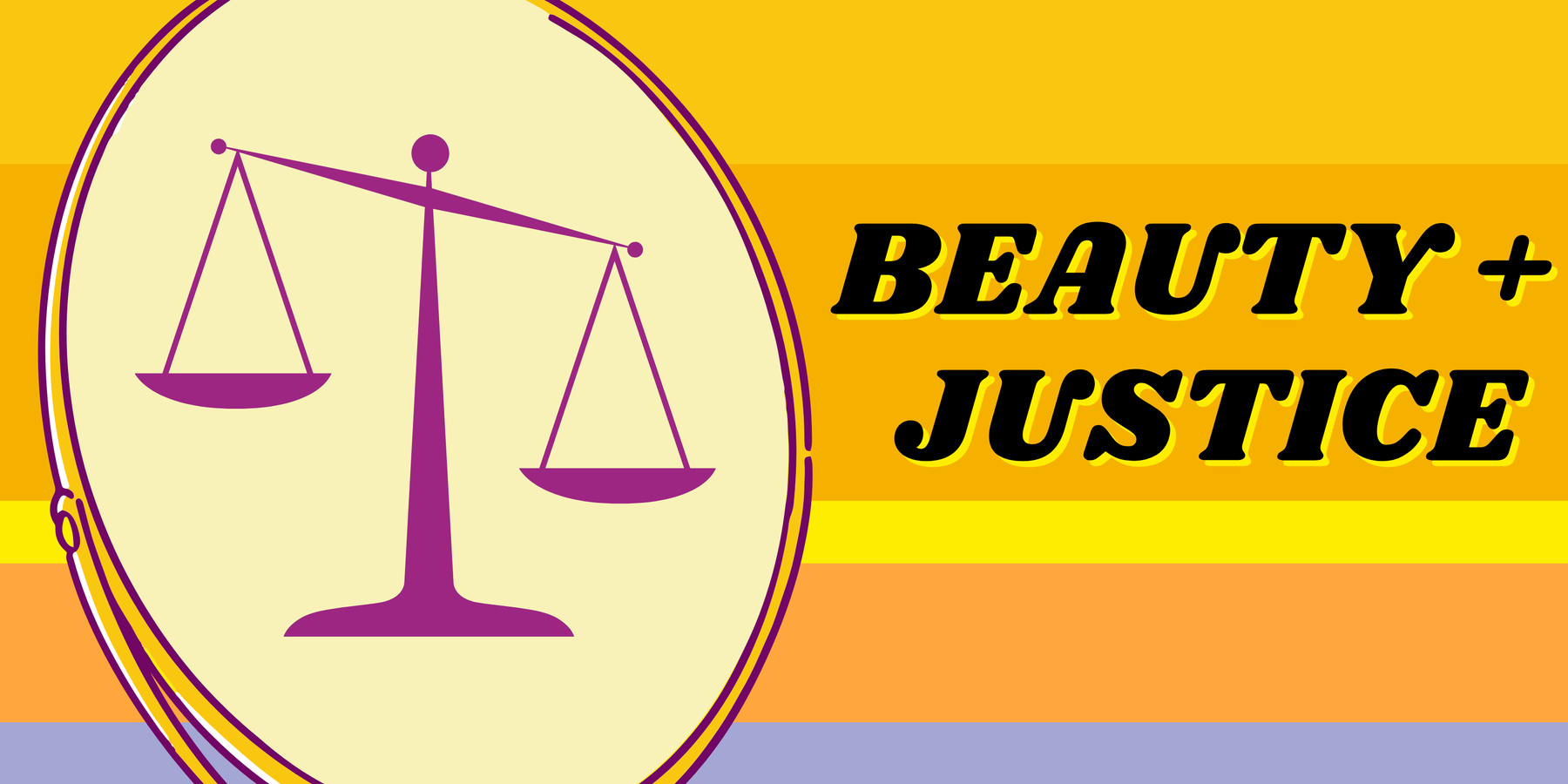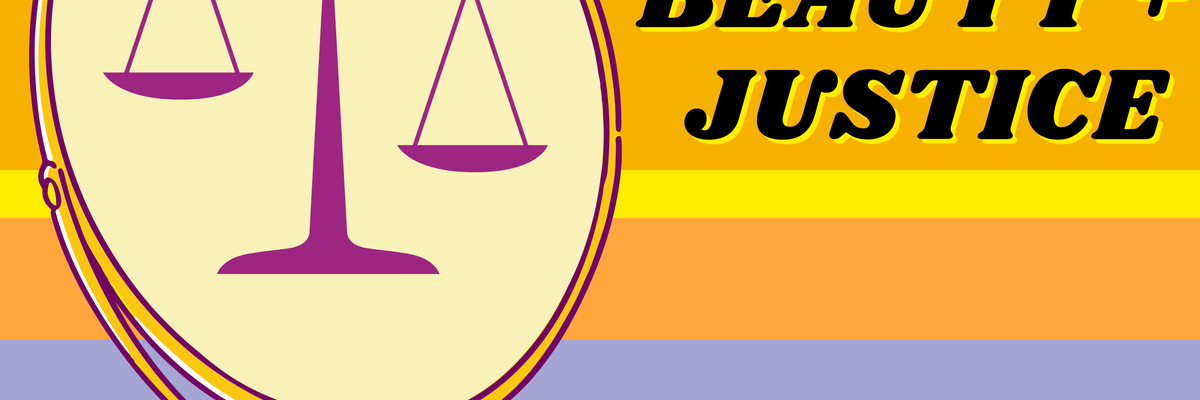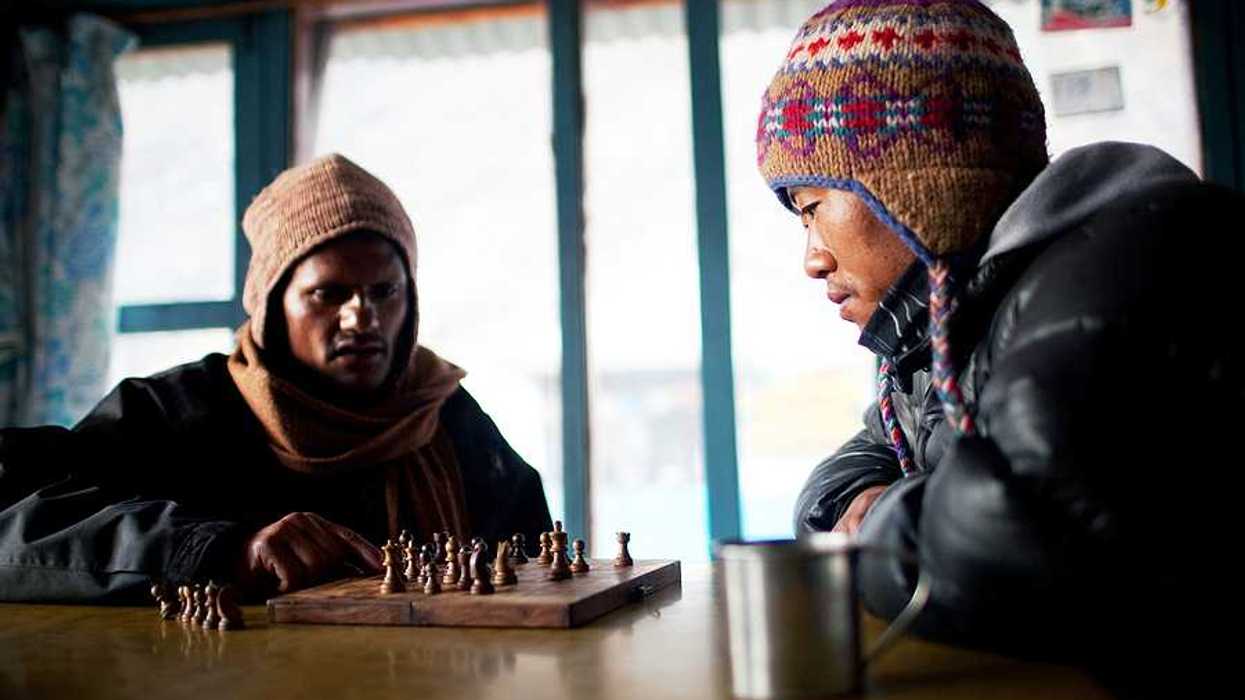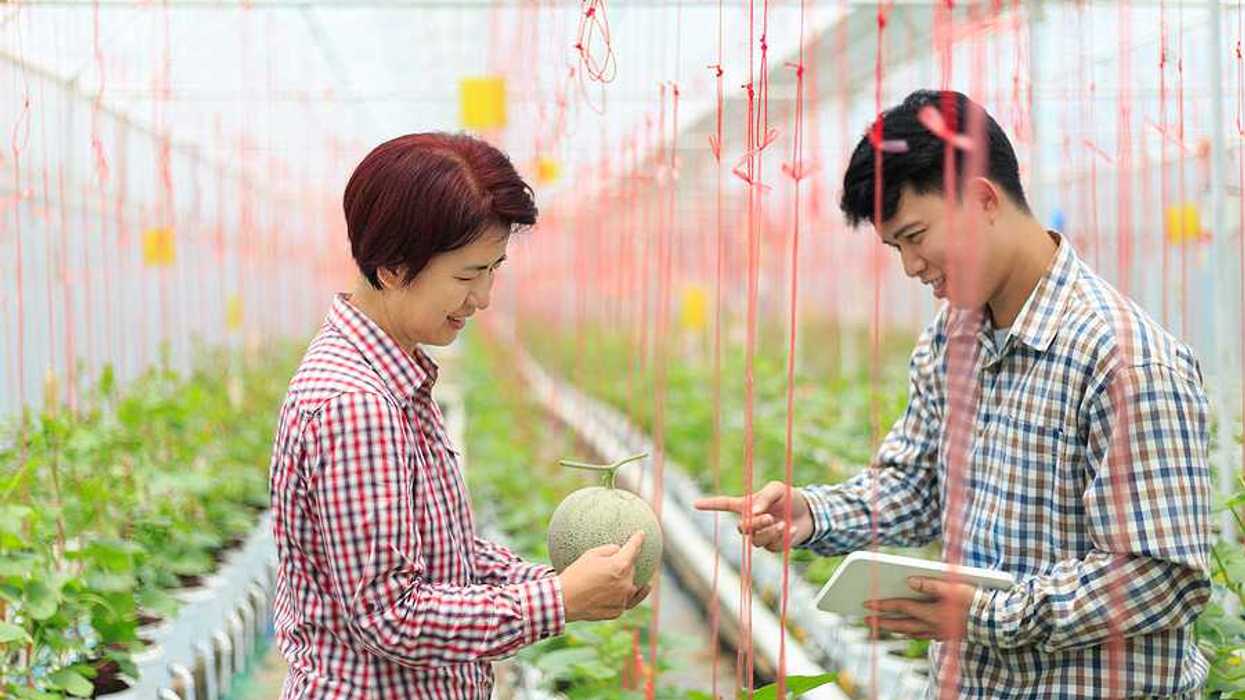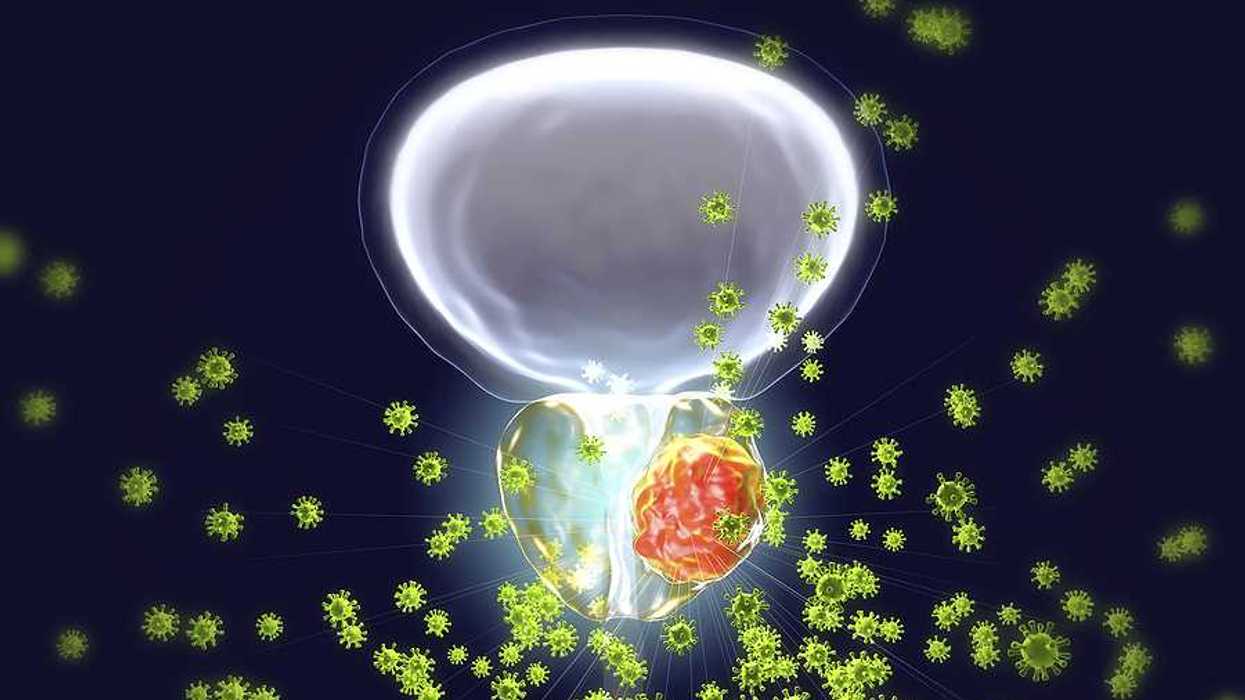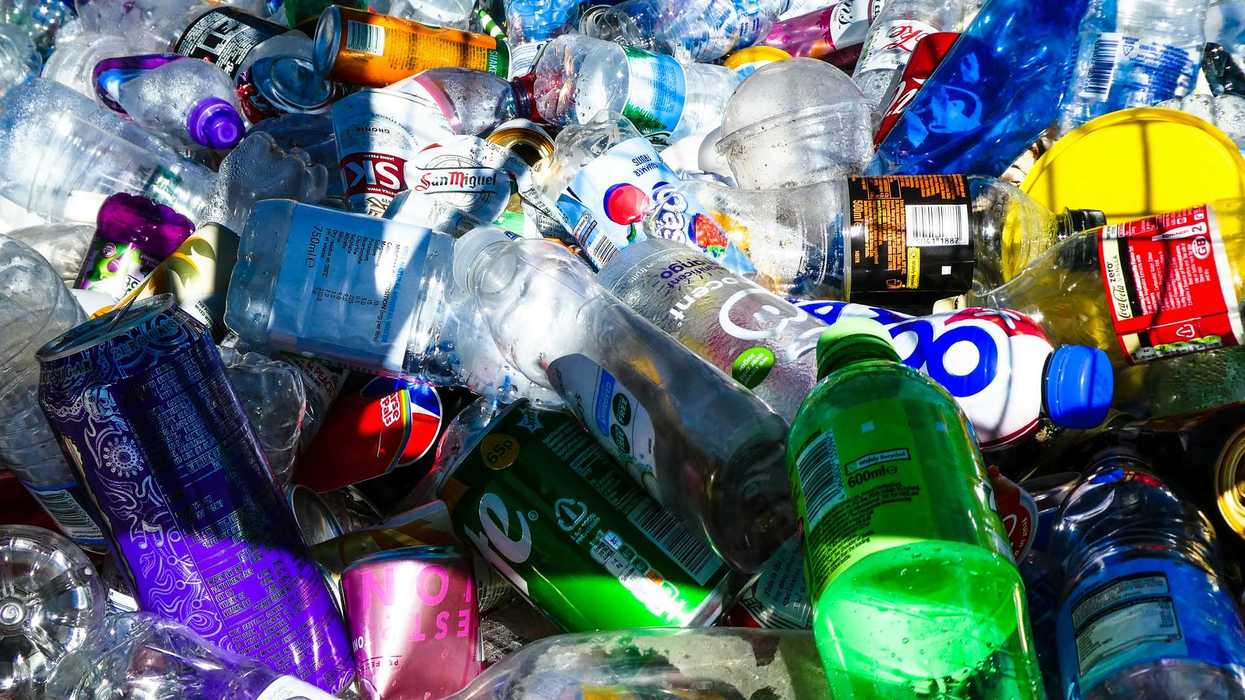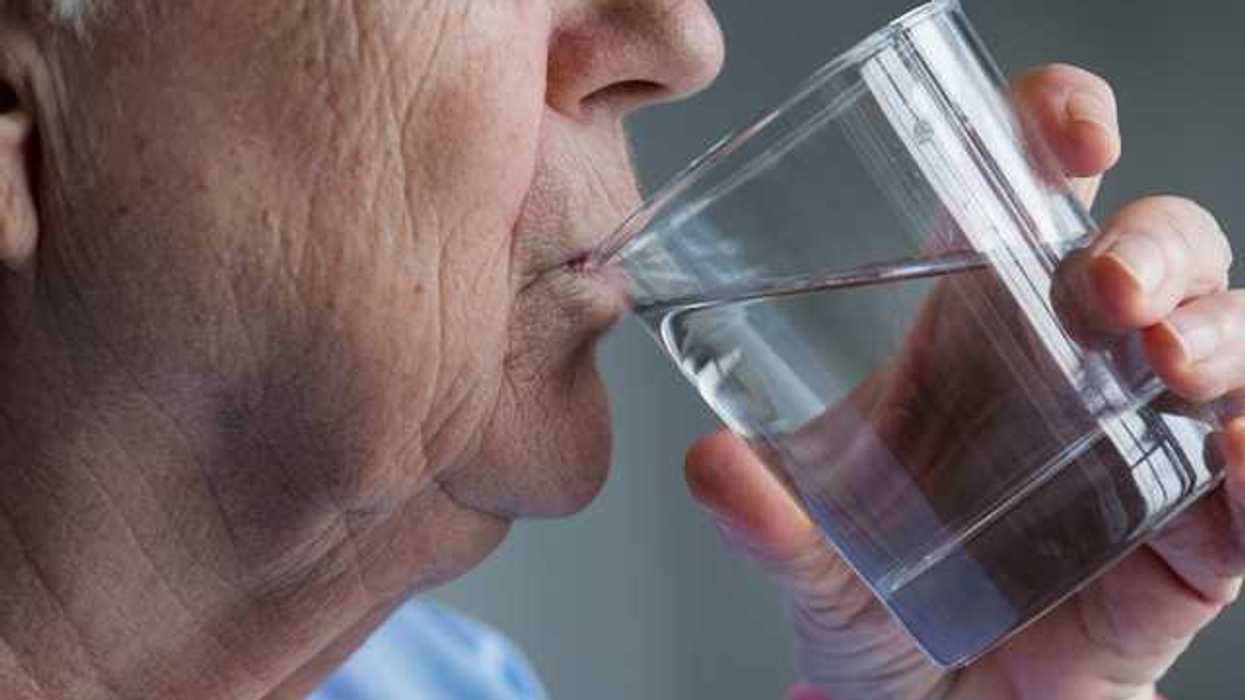What will it take to achieve a more just world when it comes to beauty?
Answering this question is one of the goals of the Environmental Reproductive Justice Lab led by Dr. Tamarra James-Todd at Harvard T.H. Chan School of Public Health. Their new limited-series podcast, Beauty + Justice, will feature guests from a variety of backgrounds and fields on the history and context that has driven beauty injustices, as well as the science behind how exposure to certain ingredients in beauty products may be contributing to health disparities.
This podcast will also identify the paths forward to reach beauty justice for all.
These conversations are led by Dr. James-Todd, the Mark and Catherine Winkler associate professor of environmental reproductive epidemiology in the Departments of Environmental Health and Epidemiology at Harvard T.H. Chan School of Public Health, and narrated by Lissah Johnson, a Ph.D. candidate at Harvard T.H. Chan. Featured guests include those working at non-profit organizations, clean beauty companies and the beauty industry, and leading researchers, academics and clinicians.
Related: Michelle Gin on the role of government in advancing beauty justice
Having investigated the impact of chemicals in personal care products on reproductive health and health disparities for the past 20 years, Dr. James-Todd and her team developed this podcast to shift the narrative from the damage and deficit-centered framing that continuously documents disparities (such as the inequities in exposure to personal care product-associated chemical exposure among women of color).
Instead, Beauty + Justice takes a solutions-oriented approach to environmental health and beauty justice research that values community knowledge and expertise, and focuses on interventions, policies and solutions.
Check out the first episode — a conversation with Lori Tharps, a creative activist and an award-winning author who is well known for her book that she co-authored with Ayana Byrd, Hair Story: Untangling the Roots of Black Hair in America.
Tharps and Dr. James-Todd will dig into a little history, specifically where we have been and where we are going in the context of diversity in America and beauty justice.
You can find and subscribe to Beauty + Justice on all major podcast platforms — and while you're there, subscribe to the Agents of Change in Environmental Justice podcast, a partnership between EHN.org and the Columbia University Mailman School of Public Health.
Marissa Chan is a Ph.D. student in population health sciences within the Department of Environmental Health at Harvard T.H. Chan School of Public Health and a current Agents of Change in Environmental Justice fellow.
- LISTEN: The dangers of skin lightening products ›
- IN-DEPTH: For clean beauty brands, getting PFAS out of makeup might be easier said than done ›
- LISTEN: Michelle Gin on the role of government in advancing beauty justice ›
- Racist beauty standards leave communities of color more exposed to harmful chemicals - EHN ›
- LISTEN: Marissa Chan on solutions to harmful beauty products - EHN ›
- It’s not just hair — fighting beauty injustice beyond the individual - EHN ›
- Beauty justice in the LGBTQ+ community - EHN ›
- Marissa Chan on dangerous hair care products in Boston stores - EHN ›

